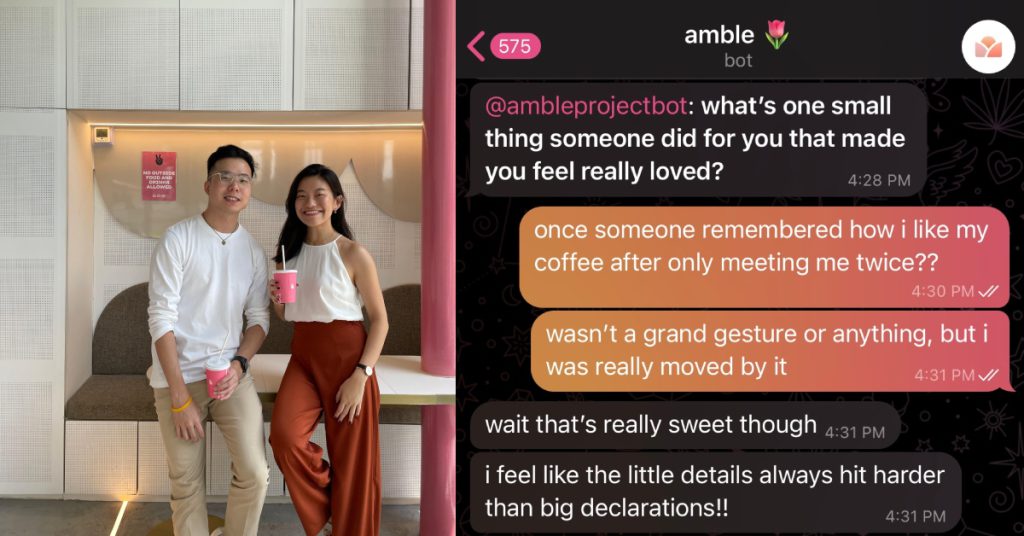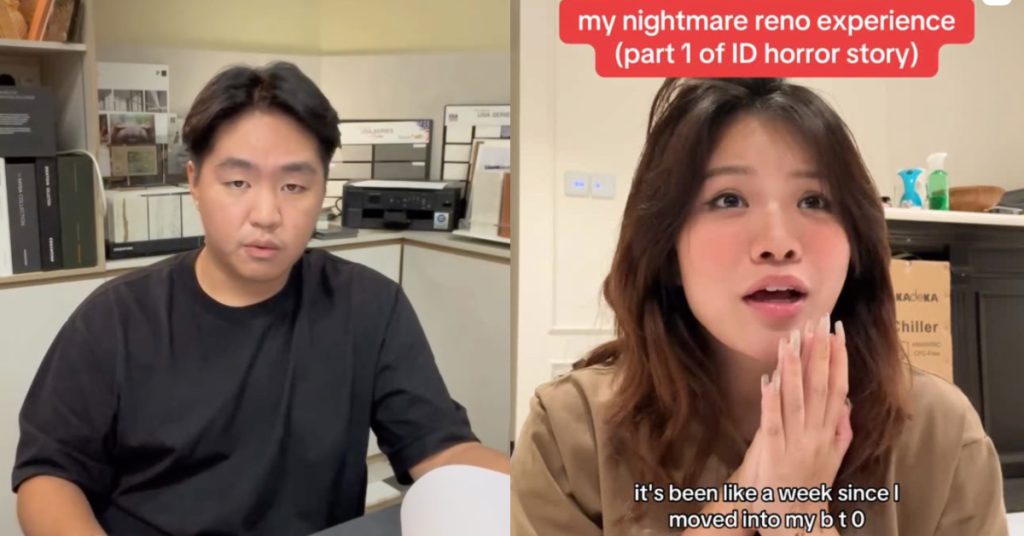Our relationship with unemployment is a strange one.
Officially, the word refers to nothing more than a situation where someone out of a job is actively searching for one. Yet if the snide comments and judgemental looks — which any person out of a job will be familiar with — are anything to go by, unemployment could well be synonymous with the plague.
After graduating from university last year, I found myself without a full-time job, a study loan to pay off, and a very restless mind. And if you find yourself in this same situation, then you might well be able to recognise at least some of these 10 stages of unemployment.
1. The Sheer, Unbridled Optimism

Like every other eager and enthusiastic fresh graduate out there, I relished the freedom I had. The world was my oyster, and I was all set to hunt down that one elusive, perfect job. I’d never have to work a day in my life!
Having so much unwarranted optimism, of course, meant that I was extremely selective when it came to applying for jobs. Desk-bound work? No, thank you. Work on Saturdays? Nah. You’ll pay me S$2,300? Keep it, hiring manager, I’ll pass.
2. Falling Into A Comfortable Routine

After, oh, perhaps a couple of weeks, being unemployed started to get a tiny bit less interesting. All that free time was still nice, but as my first friend began counting down to her first day of work, that’s when that tiny bit of doubt blossomed in the corner of my mind.
At this point, my job-seeking efforts had not waned, though sending out resumes had taken on a more methodical approach. Tweaks I used to make to my CV each time I sent it out — which I spent hours thinking through — were replaced by slightly less well-thought out, less well-worded versions.
3. Lowering Of Standards
This was about when I started getting those pesky emails from my alma mater, asking me to fill in forms about the state of my employment. They were mildly annoying, and I deleted them as soon as I received them (oh, if only I’d known then how much more annoying emails would get after I started work!). About half of my friends had officially started working full-time, and I met with the remaining ones regularly to commiserate. Misery loves company, after all.

Closer relatives knew not to press me about my job search, but others earned themselves a frown and noncommittal shrug when they asked me the wrong questions.
A small part of my frustration was directed at my school, despite knowing how unreasonable and silly this was: Why am I unemployed when you promised to equip me with skills? I even signed up for those career programmes! What is the point of this degree anyway?!
4. Hope: What Is It?
This stage began when friends and family started giving me furtive looks if anyone accidentally brought up the issue of The Search. It was the elephant in the room, and it made me uncomfortable — I’d much rather they made a joke about it.

Rather than revelling in the luxury of having the whole house to myself on weekdays, I also began leaving the house more regularly — even if I had no destination in mind. My family members were annoying me with: “Can you help me sign for my package later? It’s supposed to come at 2pm.” “Can you open the door later for the repair uncle? Then I don’t need to take leave.”
It hurt to realise that the people around me were starting to take my time for granted; it was almost as if it was worth less because I wasn’t using it to earn my keep.
5. Depression Gets Real
I don’t mean clinical depression, though by now I was pretty sure it wasn’t too far off. My days bled into one another, and I got irritated by innocent questions like “Are you free?”. They seemed to be sarcastic jabs at my unemployment, and seemed to suggest I wasn’t doing anything with my time.

One incident from this phase of unemployment sticks out in my memory: I was at a blood donation centre, filling up the consent forms I’d completed tens of times before. I’d scribbled “Student” in the blank next to “Occupation” all those previous times, but now, I stopped short: was I a writer, despite not having a full-time gig? Was I self-employed (I had a couple of freelance projects at this point)? Was I — I cringed to think about this — unemployed?
6. Madly Applying For Every Job

At this point, I was so desperate — not to mention bored — that I was almost willing to take whatever job I could get. I also started wondering if it might be a good idea to go freelance full-time; this was dropped as soon as I thought about the insecurity that came with it (read: Asian parents).
I spent hours trawling job search portals, looking for anything that seemed remotely interesting, or that I wouldn’t mind taking up. When friends and family members started introducing jobs to me, it took every ounce of my willpower not to storm off, or worse, unleash a tide of swear words at them.
7. Briefly Consider How Low I Could Go
Most, if not all of my friends, had secured jobs by now; others had already earned themselves a few months’ salary. And the encouragement they sent my way only sounded hollow and insincere, like patronising stabs at my vulnerable (jobless) heart.

One text, in particular, got me in a funk for days. It came in the middle of a casual conversation with a close friend, and it might have made my then-oversensitive self reconsider our friendship:
“Think of all the pay you are missing out on!”
More than being unemployed, what I really hated was how angry I was getting at everything and everyone. I made me feel smaller, and I felt myself drawing away from the people around me, and into my own sad shell.
8. Mind Goes Crazy From Lack Of Stimulation
Around this time, I distinctly remember sending out a tweet lamenting my current state in life. It went something like, “Won’t you take me back, School?” I deleted it soon after out of sheer mortification; I couldn’t believe how pathetic I sounded.

But as I looked around at my friends who’d stayed on at university to complete their Master’s degrees, I couldn’t help but feel a strong yearning to go back to school, if only to keep my mind occupied. I realised then how scary it was to be stuck in my own head, with nothing to occupy me but thoughts of how inadequate I was.
9. Get An Email From Prospective Employer
Just as I was about to settle for a job I absolutely hated, I got an email. I proceeded to chat with my prospective employer through email, and everything seemed to go well.

The stress of the past few months had gotten to me, and rather than go out to celebrate this small success with a close friend, I remained cautious. Things could still go wrong at this stage, right? Still, the email exchange had brought with it slight stirrings of hope, though admittedly, I was feeling more relief than happiness at this point.
10. The Interview
A few weeks later, I’d arranged to meet with my prospective co-worker to talk over the details of the job. I was a ball of nervous energy, and felt more anxious about meeting someone new than a 23-year-old should. (Although this might be because I’d been cooped up alone at home for too long.)
Throughout my journey to the interview, I had only a single thought: Could this be the last one?

One hour later, I left what was now my new workplace, and the answer couldn’t be clearer: yes, yes it was.















